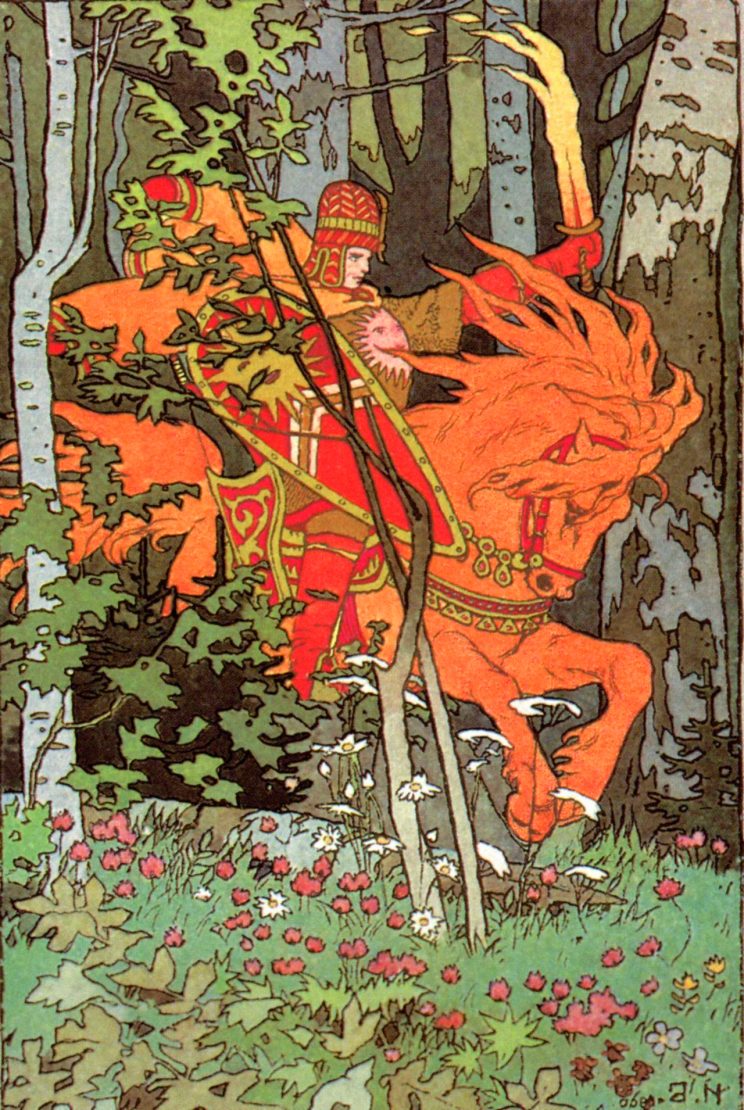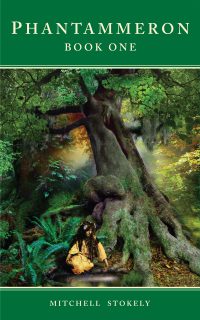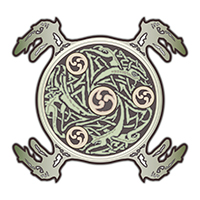There are some interesting debates in my Facebook writers groups today.
The debate surrounds the use of “demons” and “devils” in fantasy fiction, and writing protagonists that are demonic yet who seek to be human, find love, etc. as humans. This whole idea had me thinking about why we still write about such mythological beings.
We live in a Post-Modern world that’s filled at times with deep skepticism…..about politicians, about science, and about faith. I read that Christianity today is sadly 25% of what it was in terms of membership compared to 1965. Society has radically changed the last 50 years, mostly because of changes brought about by the Baby Boomers and the post-world war changes that occurred. Morality has changed as has the role of government. There’s been a lot of data showing the breakdown of society, family, and religion the last 50 years. Our current political turmoil here in 2016 reflects that loss.
As a Christian, faith to me is a personal experience. Just as I do not believe you have to attend specific churches or view your faith a specific way to be Christian, I do not believe in forcing my views on others. In the same vein, I do not believe you have to be religious to have morality.
No religious faith has a monopoly on God, morality, etc. Mankinds connection to God begins and ends with the individual.
Therefore, I do not feel as a writer you are constrained in any way from writing about any type of character or being, religious symbol, etc. We have free speech in America. And until that changes nothing is or should be sacred.
And so the recent rise in “dystopian fiction”, where morality plays are changed and distorted is fine with me. I just don’t enjoy that type of fiction. It doesn’t affect me or excite me in any way as a reader. I am interested only in the “fantastic” in fantasy, the imaginary world, the bizarre, the creative forms it takes beyond Modern permutations of it.
Many people are writing these “shades of gray” protagonist stories for a reason. And that’s the idea I’ve been interested in exploring, because so many writers refuse to ask that question…they remain like the blind leading the blind.
We all know the Biblical meaning associated with Symbols of evil. Demons, devils, and Lucifer-like protagonists, and that those symbols still carry power and resonate with most readers. Therefore using them often unconsciously in our stories suggests some deeper symbolic personal immorality or rebellion in ourselves as writers against not just current religious faith, but really our Modern society in using them in our books.
In that sense many of us have tricked ourselves into partly believing that by flip-flopping the morality of these mythological creatures in our stories that they are therefore divorced from the older religious Biblical beliefs associated with them.
By using them they have actually embraced those Biblical myths, using “shades of grey” confused morality plays in fiction to further their insecurity about Modern religion, their confusion about their own morality, and what all these archetypes and pseudo-religious references truly mean to them. It’s a very typical aspect of the skeptical Post-Modern world we now live in, where we elect immoral leaders hoping they are secretly moral, we say we believe in a Creator or God but have lived immoral lives, where we condemn and judge others for things we ourselves have done or accepted.
All this fits my theory that Western culture – as Christian morality has itself collapsed – has started to write shades of grey protagonist fiction based on our confusion and loss of sustainable religious and moral belief. As the breakdown of family and morality grows we reflect on that loss by writing about evil characters that murder but want to be loved, antagonists that cheat, steal, and deceive but want trusting social bonds and relationships, protagonists in story that defy and hurt society and religious institutions but want to recreate belonging and acceptance via new ones, people that condemn others but demand forgiveness for themselves, and characters that defy the will of divine law but say they still believe in a loving God. We write about the “evil” of the world finding “goodness”, the same battle we have in ourselves.
I’m not saying it’s all like that in Modern story, only that as writers there are deeper reasons for why we turn evil, dark shades of grey characters into good characters, writing stories in a way that appears to show a new confused meaning for the older symbols our ancestors used with such strong meaning. We write what we write reflecting upon the Modern world we must accept and navigate often with no spiritual or moral guidance from our own broken society. But often the conflicting messages of our Modern world compared to our grandparents world bubble up in the conflicting events we put into story.
Knowing that we should not stop using demons and devils in our fiction but rather stop associating them with traditional religious belief. And we must see the evil protagonist not as good but for what they are….evil. For none of us would agree to make a person that murders others suddenly worthy of love, who we forgive then turns around and kills again. If we truly have a sense of our Humanity left as writers we still must be wary of seeing good men as evil and evil men as good. We already do that to our politicians today. As writers it’s up to us to reject that spiritually in our writing. Otherwise we have truly “recreated” the same immorality that now fills our Modern world.
– the Author




